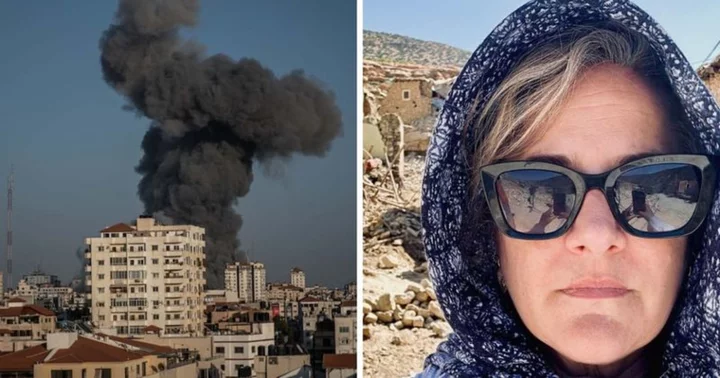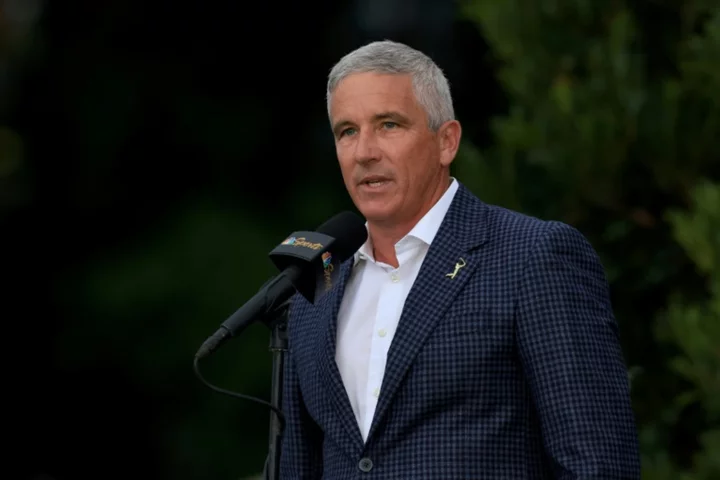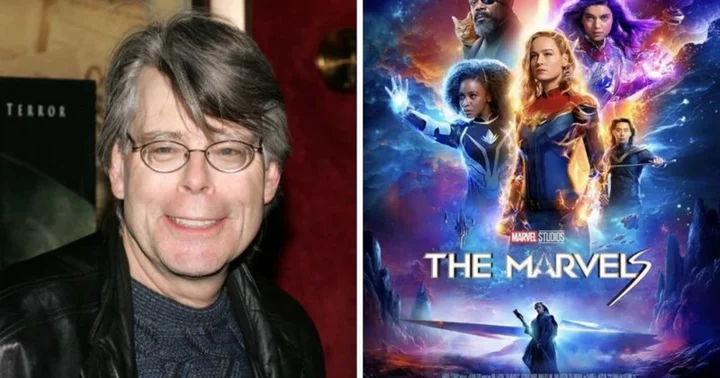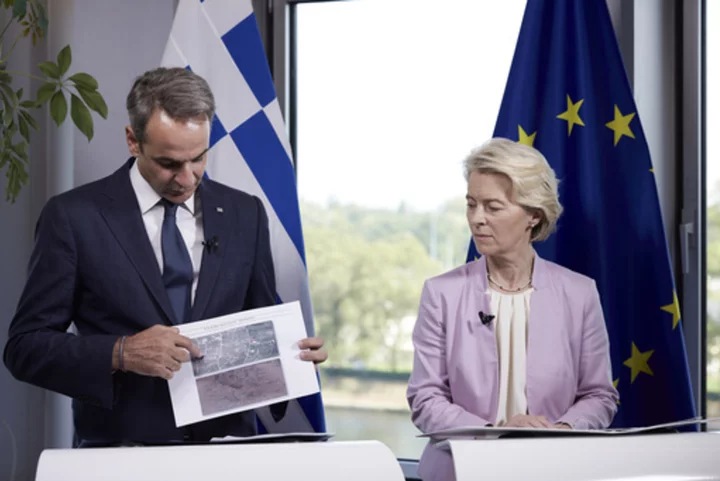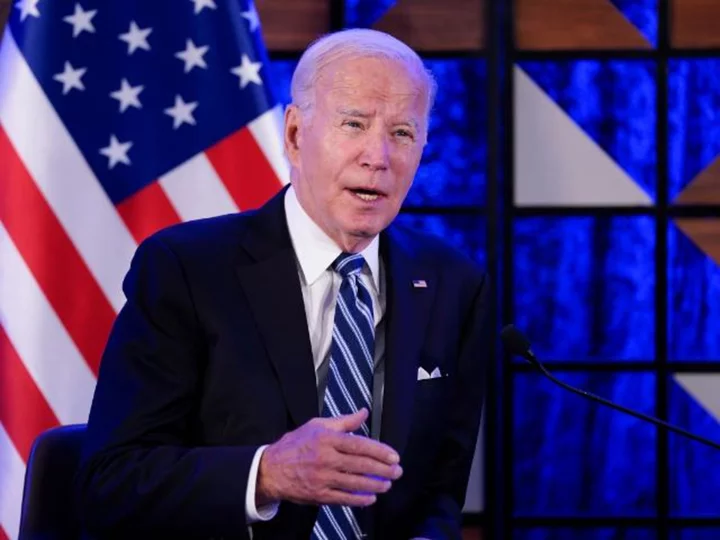NEW YORK CITY, NEW YORK: Journalists who are currently reporting on the Israel-Palestine war from the front line play a central role in updating the world about the horrific events that are taking place in the nation.
One of those journalists is FOX's Yonat Friling, a veteran in making field reports and has previously covered several Middle Eastern conflicts.
Friling recently penned an opinion piece on the Fox News website, sharing her experience of being committed to a difficult job like hers, giving insight into how detrimental it is to their mental health.
Yonat Friling writes about witnessing death while reporting from Israel
Yonat Friling, the Senior Field Producer for Fox News Media based in the Jerusalem Bureau, appreciated the ability to be a journalist at such an important event.
She wrote, "I have been working in the news for almost 25 years. I have always dreamt of being a journalist and am one of the fortunate ones who do what they love most. And while I cannot imagine myself doing anything else, I have realized in past years what a huge toll it has on my life."
"I have lost friends and colleagues in this round of terror attacks, too. Like most people in Israel since the attacks on Saturday morning, October 7, we either know someone who was murdered, kidnapped or currently fighting Hamas. This touches almost every household here," continued Friling.
Friling, who is not new to closely reporting wars, conflicts, and a large number of deaths, called the events of this war "the most disturbing."
"I have covered many wars and conflicts here in Israel, but this is the hardest one I have encountered so far; I am at a loss for words to describe what I feel, and frankly, I haven't had the time to do so," expressed the veteran journalist.
Yonat Friling asks for mental health awareness for journalists
In her opinion piece, Yonat Friling emphasizes the need for mental health recovery of journalists who are witnessing conflicts like the one in Israel.
"It takes a huge toll, professionally, mentally, and physically on our lives," wrote the journalist, adding, "It impacts our close circles at home, work, and friends. Acknowledging feelings and choosing to talk about emotions is not a sign of weakness. On the contrary, this is an expression of resilience."
She also acknowledged that there are many others like her on the field who are going through the same harrowing experience, saying, "I am not alone. Like me, there are brave women and men, cameramen, producers, and correspondents who travel the world from one chaotic event to the other."
Friling then asked for a more serious understanding of the mental state of journalists.
"We should build better programs for journalists on coping during, after, and before such assignments. This is the only way to move forward from these moments of grief and to (re)build our emotional strength. And the only way to do it is together," noted the journalist.

